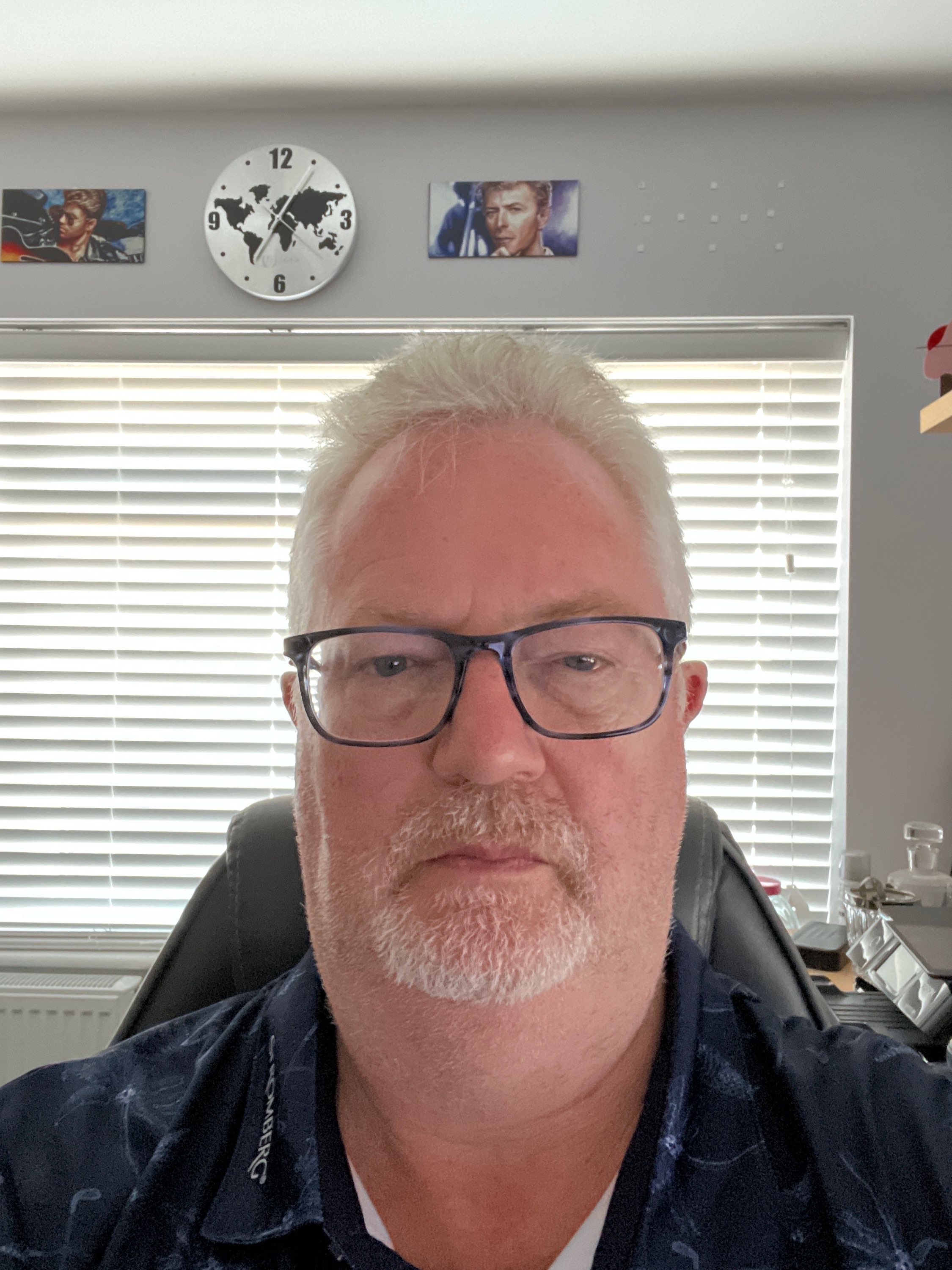Team Freedom lays keel on nation's 23rd Littoral combat ship
- Satellite Evolution

- Aug 15, 2018
- 2 min read

The Lockheed Martin-led industry team officially laid the keel for the US Navy's 23rd Littoral Combat Ship (LCS), the future USS Cooperstown, in a ceremony held at Fincantieri Marinette Marine in Marinette, Wisconsin.
Ellen R. Tillapaugh, Mayor of the Village of Cooperstown, New York, completed the time-honored tradition and authenticated the keel by welding her initials onto a steel plate that will be placed in the ship.
"It is a tremendous honor to authenticate the keel for the future USS Cooperstown," Tillapaugh said. "Ships and their crews have a special bond with their namesake, and I know the village of Cooperstown will proudly support this ship throughout her construction, and when she is commissioned and enters the Navy fleet."
The Lockheed Martin and Fincantieri Marinette Marine team is currently in full-rate production of the Freedom-variant of the LCS, and has delivered five ships to the US Navy to date. The future USS Cooperstown is one of eight ships in various stages of construction at Fincantieri Marinette Marine.
"We are proud to build another proven warship that allows our Navy to carry out their missions around the world," said Joe DePietro, Lockheed Martin vice president of small combatants and ship systems. "We look forward to working with the U.S. Navy to continue building and delivering highly capable and adaptable Freedom-variant Littoral Combat Ships to the fleet."
LCS 23 will be the first vessel named for Cooperstown. Her name honors the veterans who are members of the National Baseball Hall of Fame located in the namesake city. These 64 men served in conflicts ranging from the Civil War through the Korean War.
Lockheed Martin's Freedom-variant LCS is highly maneuverable, lethal and adaptable. Originally designed to support focused missions such as mine warfare, anti-submarine warfare and surface warfare, the team continues to evolve capabilities based on rigorous Navy operational testing; sailor feedback and multiple successful fleet deployments. The Freedom-variant LCS integrates new technology and capability to affordably support current and future mission capability from deep water to the littorals.



Comments